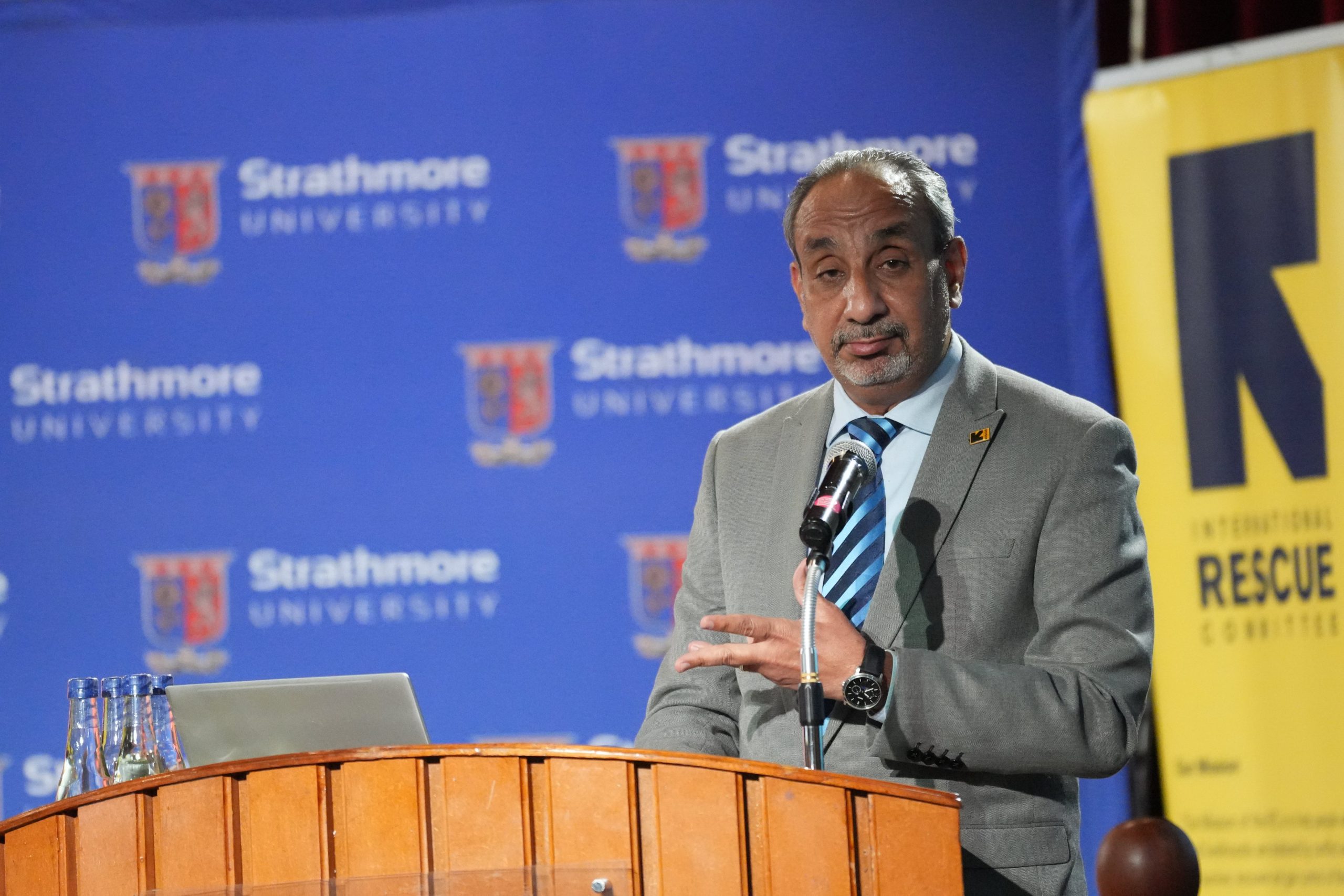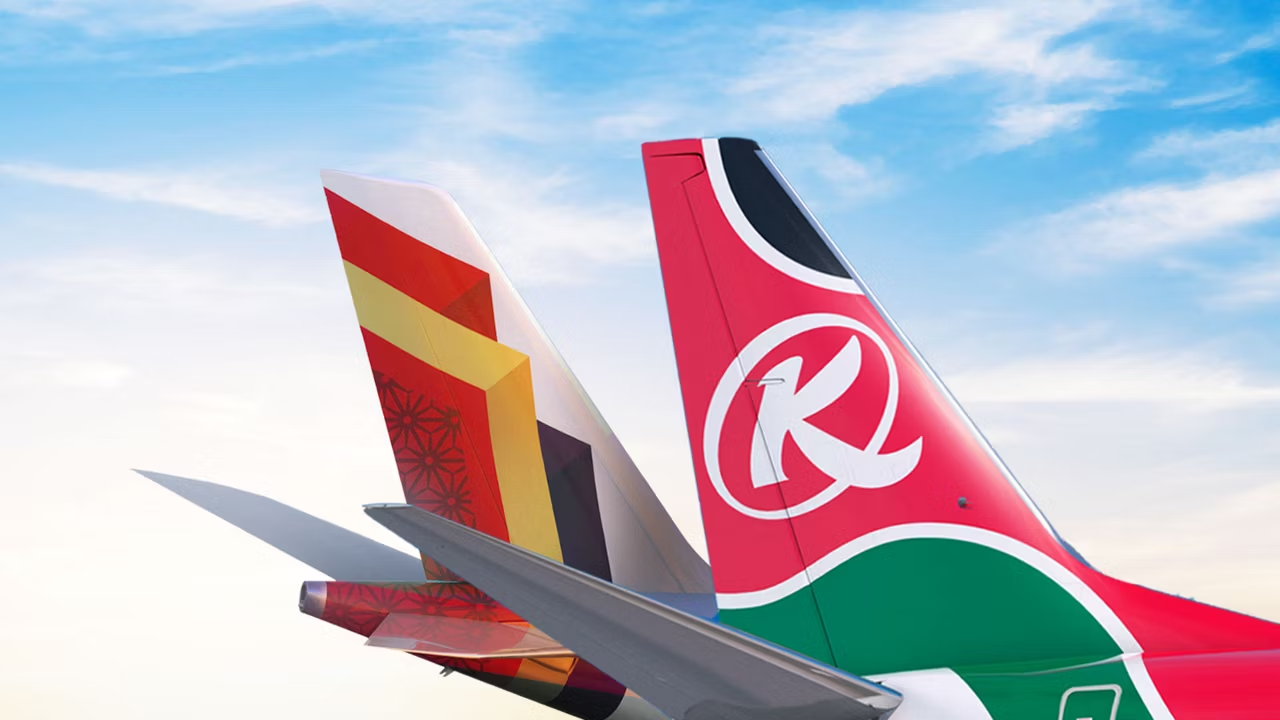“We thank the European Union for their steadfast support, which enabled us to deliver essential health, nutrition, and protection services to vulnerable communities in Kenya’s refugee camps,” — Mohamed El Montassir Hussein, Country Director, IRC Kenya
By The Weekly Vision Reporter
The International Rescue Committee (IRC) Kenya, in partnership with the European Union Civil Protection and Humanitarian Aid Operations (ECHO), has reported major progress in delivering essential humanitarian services to refugees, asylum seekers, and host communities across Kenya.
The initiative, launched in February 2025 and set to conclude in December 2025, is being implemented in collaboration with Peace Winds Japan (PWJ) and FilmAid Kenya (FAK). To date, the project has reached over 380,000 people in Kakuma, Kalobeyei, and Dadaab refugee camps, marking a significant milestone in humanitarian response and resilience-building efforts.
According to IRC Kenya, the health sector recorded the greatest impact, with over 372,000 refugees and host community members accessing services ranging from sexual and reproductive health to primary care and mental health support. In addition, 86,000 people benefited from nutrition interventions, while almost 44,000 were reached through disaster risk reduction activities. Water, sanitation, and hygiene (WASH) initiatives also improved conditions for nearly 1,400 individuals in Kakuma and Dadaab.
The programme targeted acute malnutrition through screening and treatment for children under five, and for pregnant and lactating women. Women and adolescent girls received reproductive health services, including family planning, antenatal care, and treatment for sexually transmitted infections. “This project has been a lifeline for thousands of families navigating displacement, poverty, and health challenges,” said Mohamed El Montassir Hussein, Country Director of IRC Kenya. “Through strategic partnerships and community-led approaches, we’ve not only delivered essential services but also built resilience and dignity among those we serve.”
The project’s disease prevention component included surveillance and community sensitisation, with special attention to marginalised groups. Emergency preparedness efforts further strengthened local capacity to respond to outbreaks and natural disasters.
In schools, the programme supported health and WASH education, including menstrual health sessions for pupils, parents, and teachers. Climate-resilient WASH infrastructure was also established in areas hosting new arrivals and families affected by floods. “We thank the European Union for their steadfast support, which enabled us to deliver essential health, nutrition, and protection services to vulnerable communities in Kenya’s refugee camps,” Mr Hussein added. “These interventions have made a meaningful difference in the lives of children, women, and families facing displacement.”
The EU-funded initiative has been hailed as a model of effective humanitarian partnership, combining service delivery with long-term community resilience and empowerment.





